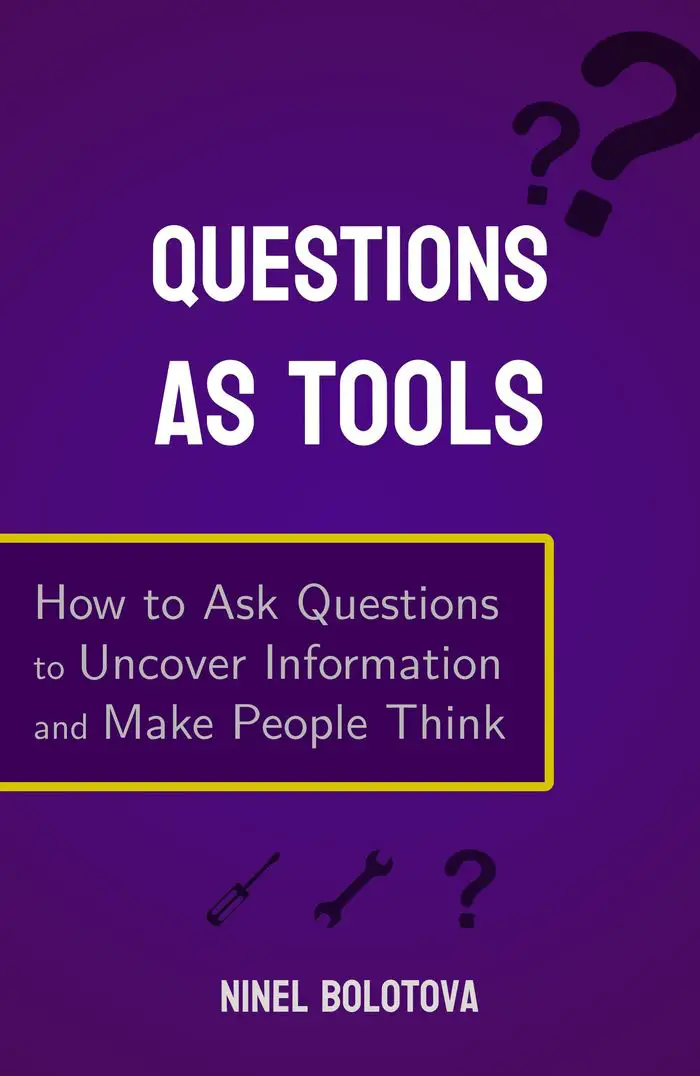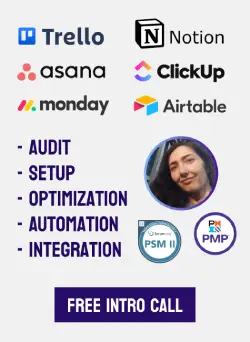How to Find the Best Online Course for You? 6 Points to Consider
There are so many courses out there: free and paid, instructor-led and self-paced, lasting from a few hours to a few weeks or months.
Whatever topic you’re looking for, you’ll find dozens of courses. Even if the topic is obscure, you’ll likely find more than one.
How do you choose which one to go with? If it’s a paid course, you don’t want to gamble your money, but free courses require investments as well – your time and energy. How to choose an informative course you’ll feel happy taking and could successfully finish?
To understand how good something is, you need to compare it to something else. If there’s only one contender on your list, it’ll surely be the best – but also the worst. However, don’t succumb to analysis paralysis comparing dozens of options. Pick 2-4 courses that seem interesting at the first glance, and ask yourself the following…

photo by @mikhail-nilov on Pexels
Does the course outline fit your needs and aspirations?
The intro video, description and various promotional materials for the course might sound enticing, but the moment a course caught your eye, go straight for the topic outline.
Does it give a clear breakdown of the topics and subtopics covered? Does it summarize what you’ll know by the end of each module?
Between the courses you compare, which outline feels more interesting, perhaps even more exciting? Do you need a solid introduction to the basic concepts or something more in-depth and specific? What do you feel will bring the most value at this point in your life?
What are the reviews and the provider’s reputation?
It would be very reasonable to check the rating and reviews on the course page. If the course is expensive or found on an unfamiliar platform, look elsewhere around the web as well.
If the reviews are lukewarm across the board, or if you can’t find real users giving their opinion on the course – you should probably pass, or at least proceed with caution.
However, if you found a course with hundreds of great reviews, it doesn't mean you should look no further.
We’re often trying to go for the safest bet. If a course has lots of good reviews, it does indicate a certain level of quality, so most likely you’ll have a good experience taking it. But will it be the best possible experience for you?
What if the course is excellent at explaining the concepts to beginners, but you’re looking for something more in-depth? Maybe there’s a course that provides the same value at a smaller cost? You might consider those and the other points relevant to you.
Maybe the most popular course will indeed end up being the best option for you. But the rating itself shouldn’t be the most important factor in this decision.

photo by @whatyouhide on Unsplash
Can you keep the pace?
Each course has an estimated duration of hours/weeks. There can be a few ways this unfolds:
- No restrictions. You could take as much time as you want to finish the course.
- Fixed final deadline. You could process the material faster than the suggested pace, but the time you need to finish by is specified. If you don’t make it, you’ll have to start over.
- Fixed regular pace. There are certain intervals the materials are presented and need to be acted on. For example, a course is broken into a few weeks, and the access to each block of material is only open at the beginning of each new week, no matter how fast you complete the tasks for the previous week.
So, the question here is actually two-fold: “How well can you keep the pace someone else set for you?” and “How good are you with pacing yourself?”
The rigid structure of the third option lets you plan more specifically how much time you’ll need each week, so you can schedule in advance. Once you’re done with the tasks, you could move on to something else until the next batch of material rolls in.
It's perfect if you like this kind of structured approach with evenly spaced deadlines.
Then just gauge if you could potentially allocate enough hours each week (the hours/week approximation the course gives plus 30% of that time to be sure you’ll make it). If it seems like too much, opt for a less intense structured course.

But there’s an opposite consideration with this type of course. “Keeping pace” with someone usually means “going as fast as someone”, but what about “going as slow”? What if you’re like me, and once you sit to study a topic or learn a skill, you do it in intense sprints? Once you gain that speed, having to wait for the next week to proceed would be agonizing. Not to mention something might come up as weeks go by and you start lagging behind (having your enthusiasm drained by all those waiting times also contributes to this).
In this case, a fixed final deadline is the optimal option. You can go as fast as you want, and have a date in mind in case you get distracted for a while. And you could still follow the recommended course schedule if you feel like it.
As for the courses that have no restrictions on their completion time, it’s quite easy to get derailed unless you’re laser-focused with your sprints or are very diligent with sticking to the schedule and deadlines you made for yourself.
Otherwise, that course would end up being another thing in your life that is “44% complete”.

photo by @keira-burton on Pexels
Do you need peer interaction?
Courses usually have forums where students could ask questions, share their progress and ideas. However, some put more emphasis on student interaction and working in groups. Is it something you’re leaning toward, or do you prefer studying solo?
If you like everything else about the course and would like to have more active peer interaction, perhaps you could join or organize your own study group.
Do you need an official credential?
There are many great courses you could take for free on edX, Coursera, and other platforms. Some offer an option to pay a fee to get access to graded assignments and the end-course certificate.
Are you looking for a course just to get the information it provides? Or do you also want to get a certificate of completion?
Are you after a credential that would confirm your skill level, like a certificate of completing a course from a well-recognized provider, or professional certification? Maybe you have a certification already and are looking to earn the continuing education units?
If you do need a credential, you’ll need to pay, which brings us to the next question:
Are you comfortable with the fee?
Given what you learned about the course contents, the provider’s reputation, and other factors – do you think the price is reasonable for something of this quality?
Or, even if you winced the first time you saw the price tag, you’re willing to invest in the course because you feel the value it provides is worth every dollar spent?
Another cost-related question is: are all the needed materials and tools provided with the course, or do you need to purchase anything separately?

photo by @ekaterina-bolovtsova on Pexels
Conclusion
Even among the people who paid for a Coursera course, only around 55% completed it. The average completion rate for online courses is 5-15%, approaching 40% in rare cases.
Why does it happen?
Maybe the course just wasn’t up to their expectations – but in that case, why even start it and use the precious time that could be spent on more fulfilling learning?
Sometimes, people start a course but quickly realize it’s too complex for their current level, or the topic isn’t as interesting to them as they thought.
But more often than not, that’s because starting a course was an impulse decision, or keeping up with it felt like too much work, or many other “life” factors that have little to do with how good the course itself is.
If your decision to take a certain course was a result of a conscious, weighed choice, you’re more likely to see it through and reap the full benefits of this learning experience.

 Ninel Bolotova, PMP, is a workflow expert setting up and automating processes in ClickUp, Trello, Notion, Monday and other PM tools. She enjoys challenges related to process setup, automation and optimization.
Ninel Bolotova, PMP, is a workflow expert setting up and automating processes in ClickUp, Trello, Notion, Monday and other PM tools. She enjoys challenges related to process setup, automation and optimization.